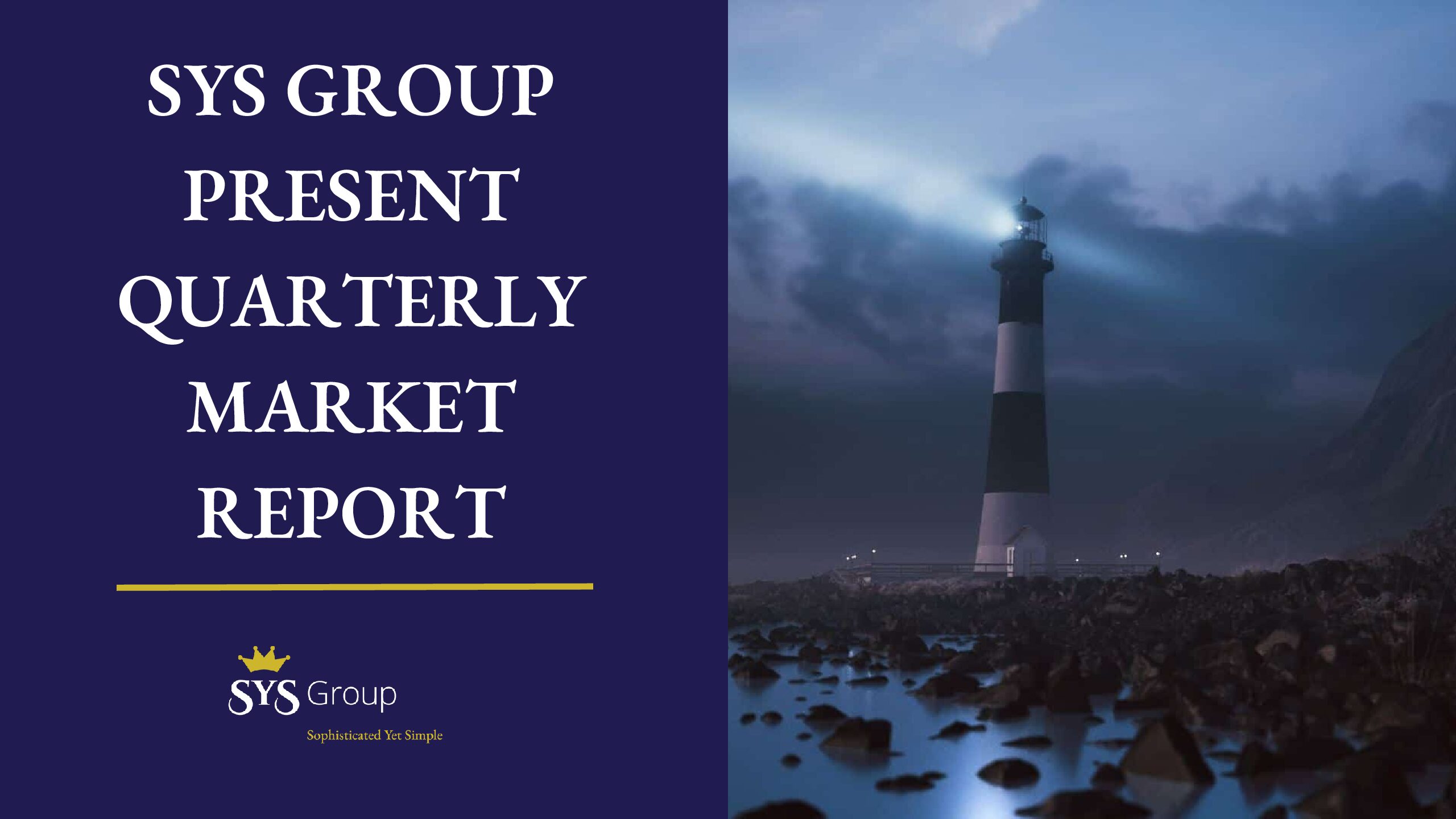If the last 18 months have taught us anything; it’s that we cannot predict the future, COVID-19 has impacted everyone’s lives in a myriad of ways. According to Central Bank figures Irish savers amassed an extra €16 billion in deposit accounts last year. Household deposits increased by €950m in December 20, over four times the €212m saved in December 2019.
With level 5 lockdown restrictions having shaken the Irish economy and our spending habits, there is a lot more disposable income for certain sectors of the economy.
Your money sitting in cash on deposit is losing its value due to lower interest rates, inflation, and fees/charges.
The ECB have made it clear that interest rates will remain low or even negative for the foreseeable future, as they want to encourage stimulus and consumption to an already struggling economy post COVID.
If you want to see your money grow, you’ll need to consider investing it.
Saving is a critical habit to develop and is a discipline to be cultivated.
As Warren Buffet says “Do not save what is left after spending, but spend what is left after saving”
If you have a significant lump sum or decide to drip feed in monthly through a Regular Savings Plan.
The next decisions you need to make are
1. What long term goal are you saving for e.g. House deposit or Children’s 3rd Level Education?
2. How many years have you to achieve this? e.g. 5-7 years is a typically minimum period?
3. How much do I need to save per month to accomplish this?
Regular Savings Plan
This is an investment plan that disciplines you to save a fixed amount of your monthly salary into an investment vehicle that at the same time is simultaneously growing and boosting your monthly contribution over the duration of the plan.
The important piece is that it is a regular monthly contribution.
Generally, a premium of €100 per month would be considered the minimum entry level, but the plan gives you the freedom to increase and expand this as your circumstances permit.
This type of plan is best suited for the long-term goals we spoke about above such as House deposit or 3rd level education costs. I cannot emphasise how fundamental it is that such a plan is commenced at the earliest opportunity in one’s working life particularly if you are to achieve your goal within a sustainable period.
Fund Choice and Attitude to Risk
The advantage of starting your investment plan at a young age is that you can be ambitious and choose a higher degree of risk than someone who is more advanced in years.
Taking on higher risk obviously provides the opportunity of higher returns and much faster growth and accumulated gains achieved in this way can be moved to medium risk as one progresses in life taking on the responsibilities of mortgage and family.
In this way accumulated funds can be secured and protected from the high-risk strategy employed in earlier years. The prudent saver can have two such plans running simultaneously.
In Conclusion
Finally, in conclusion, no financial advice column would be complete without the usual health warning, your investments can go down as well as up. Like all investments, taxes and charges apply such is life! Exit Tax is currently at 41% applies on the profit of the fund usually on the 8th anniversary. Usual T&C’s apply.
Learn more about the SYS Group here.










